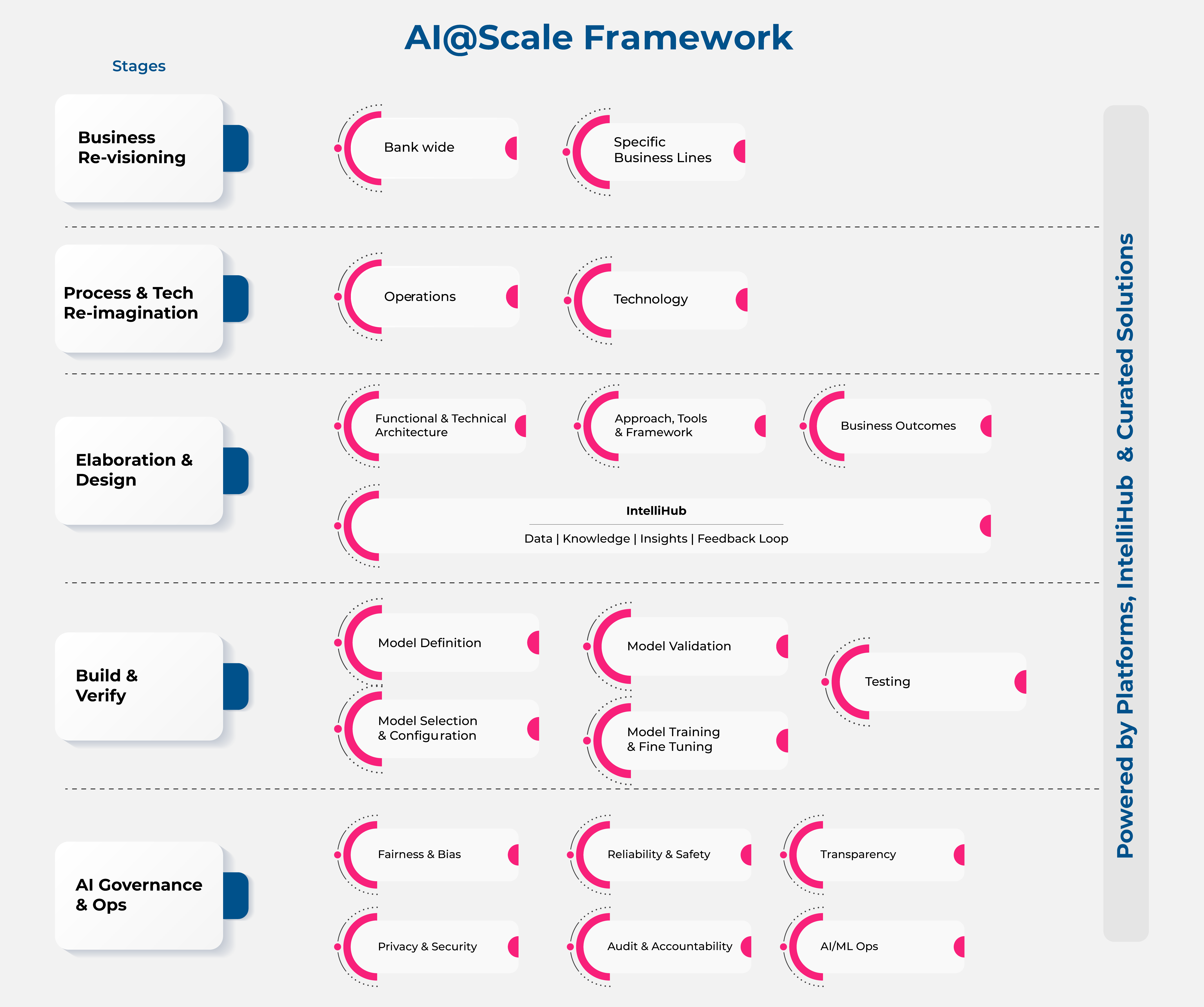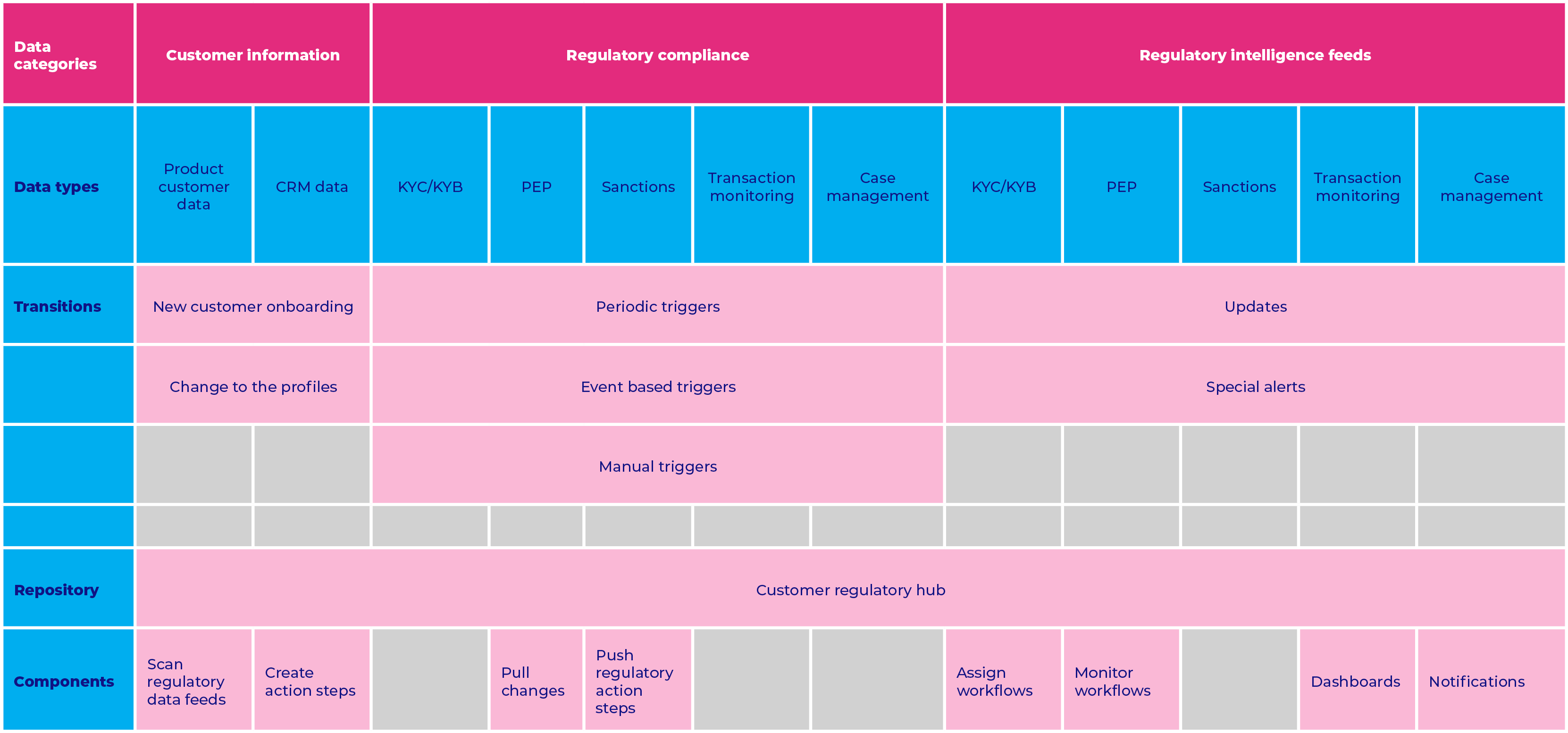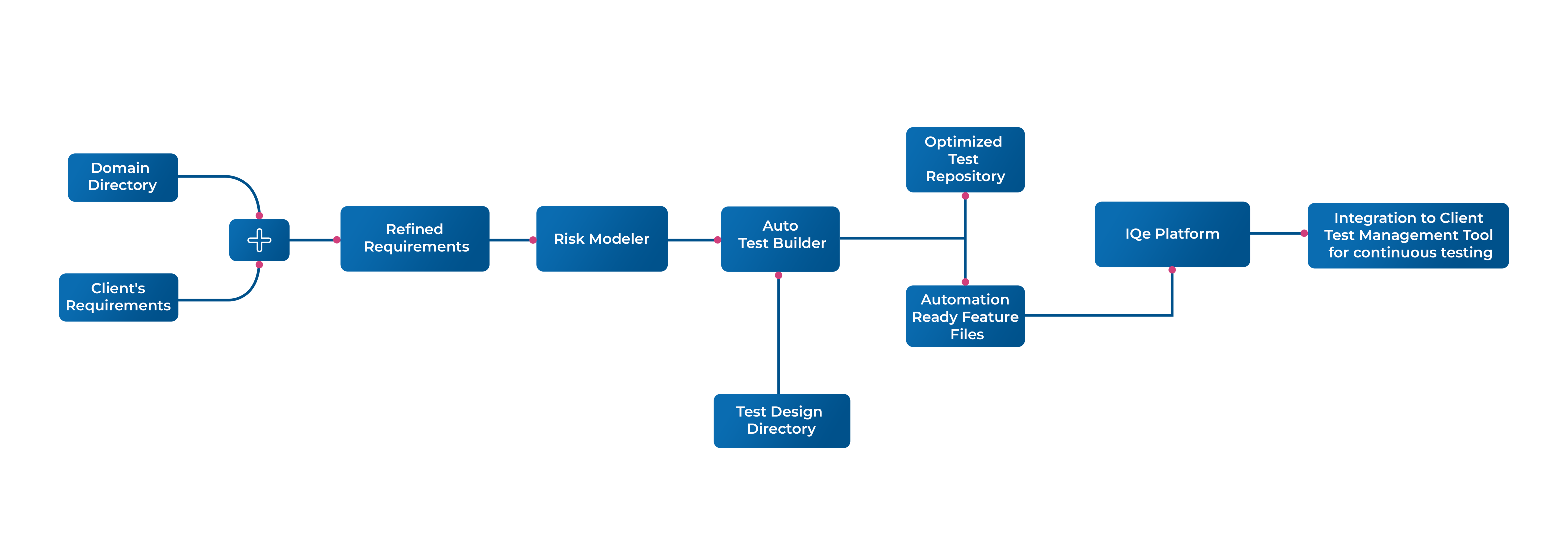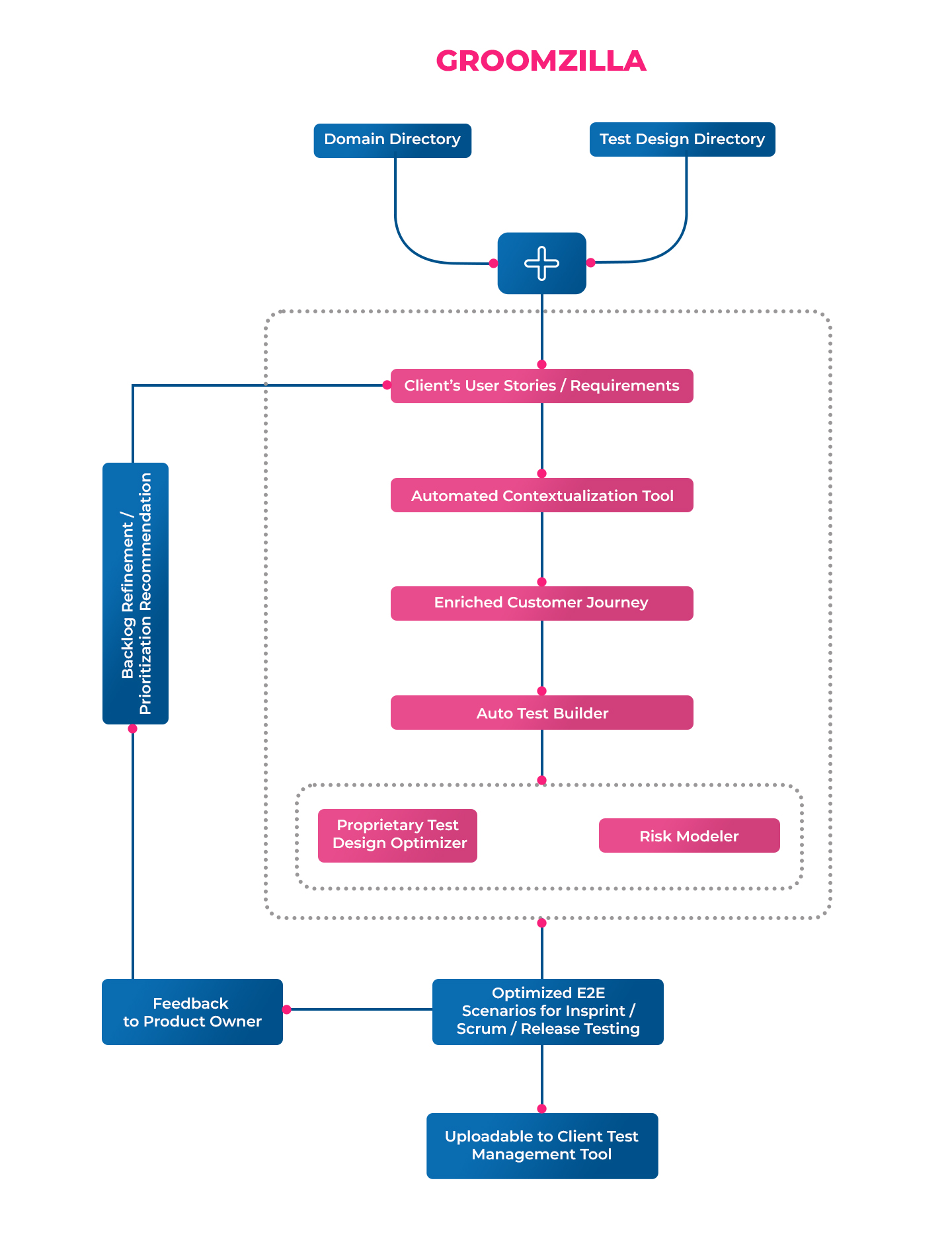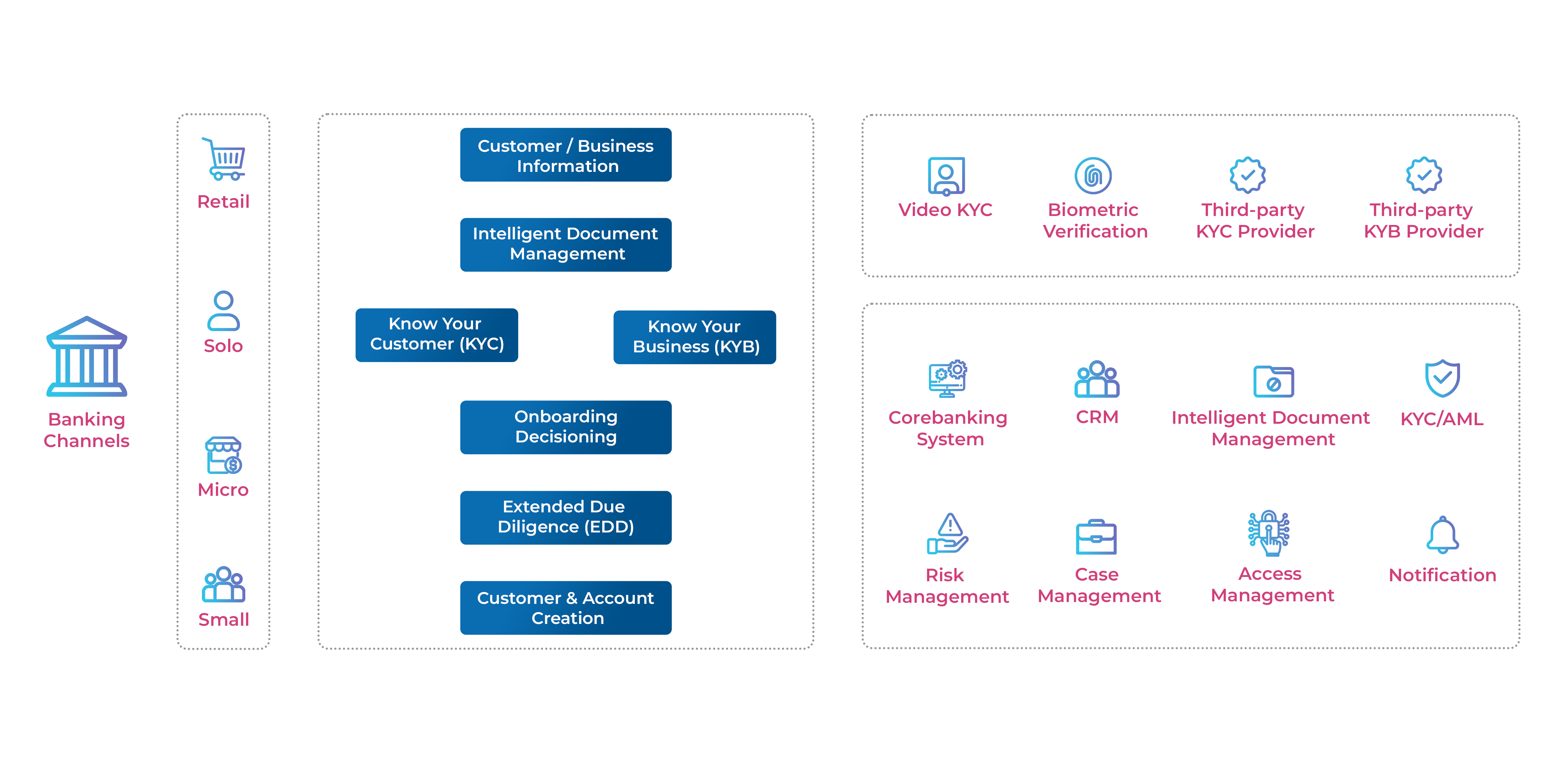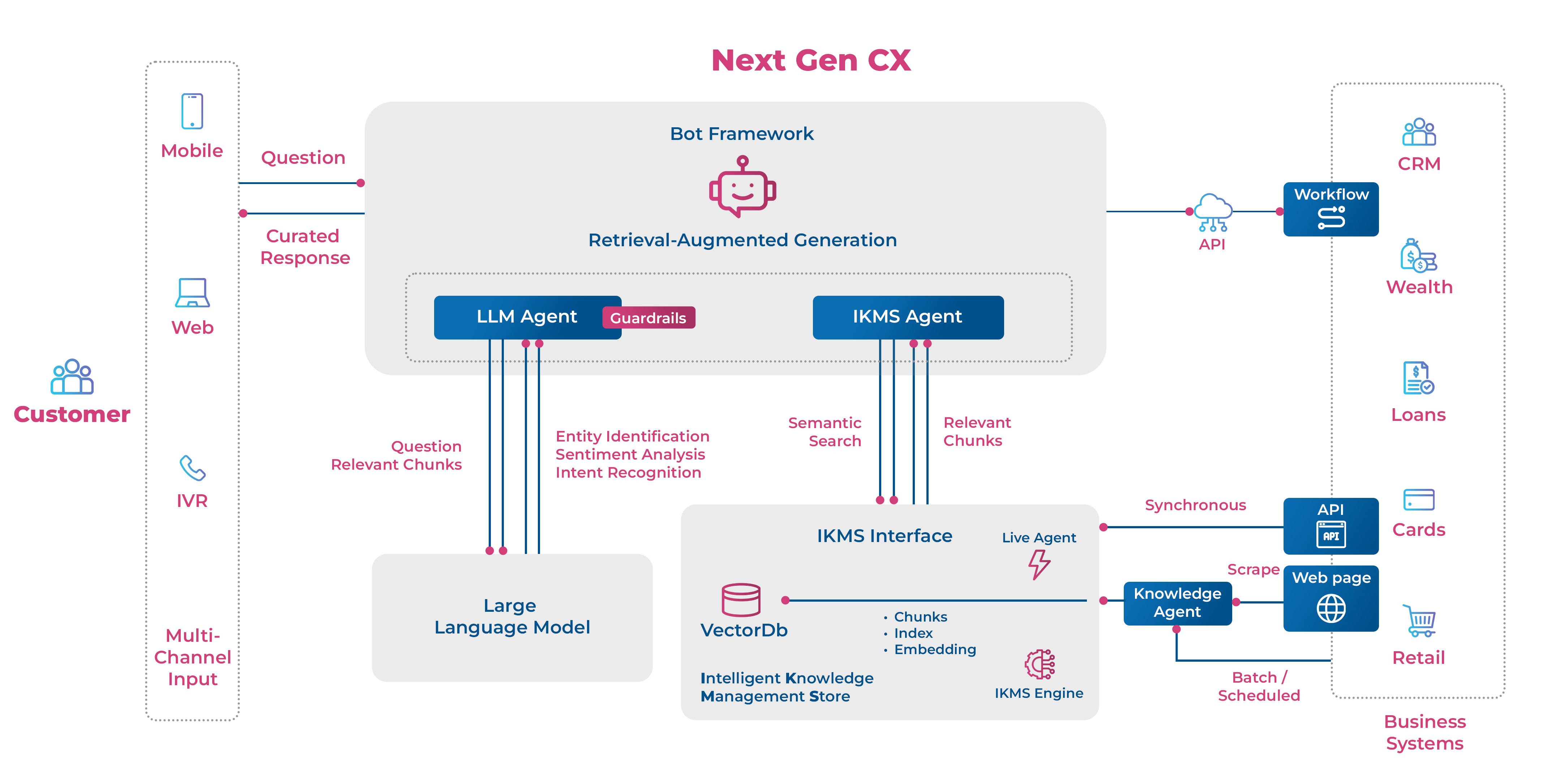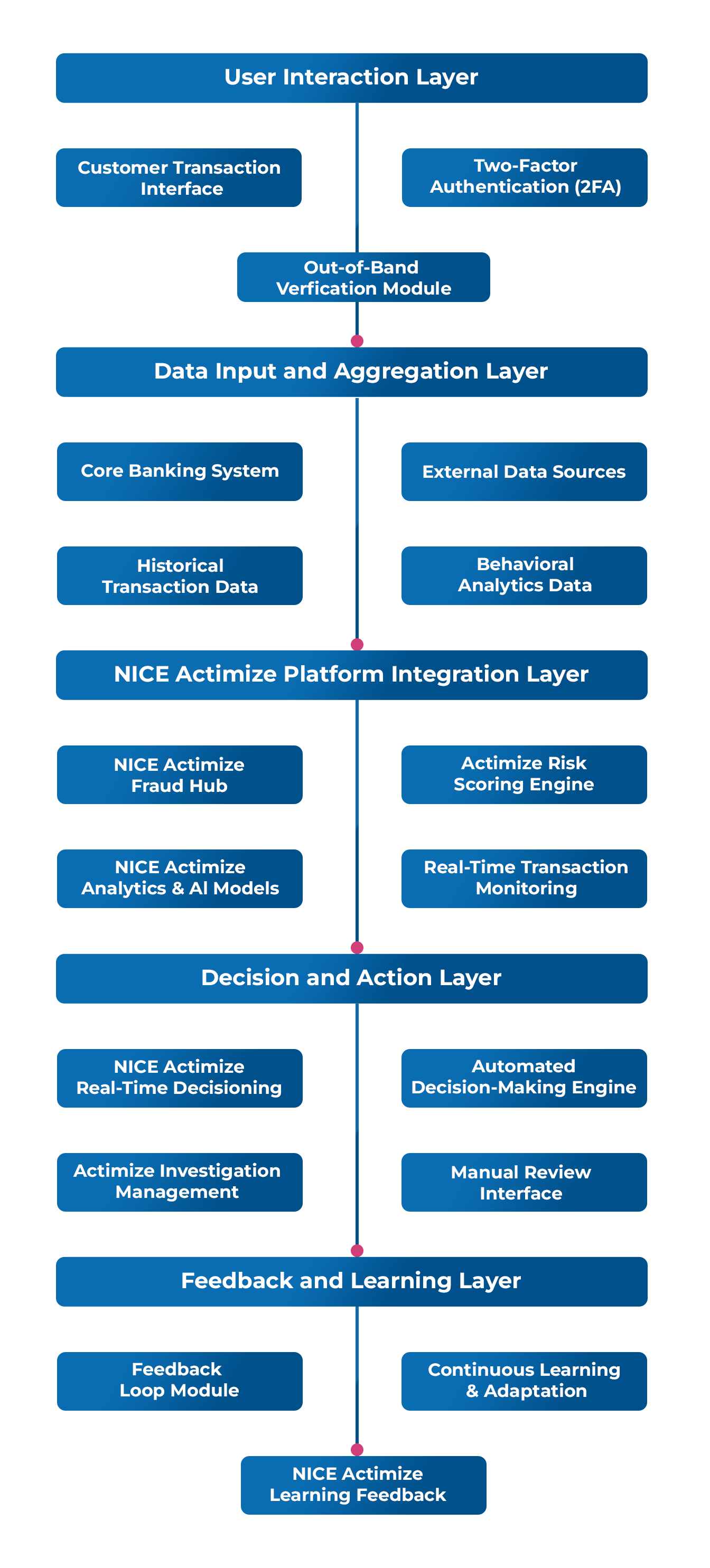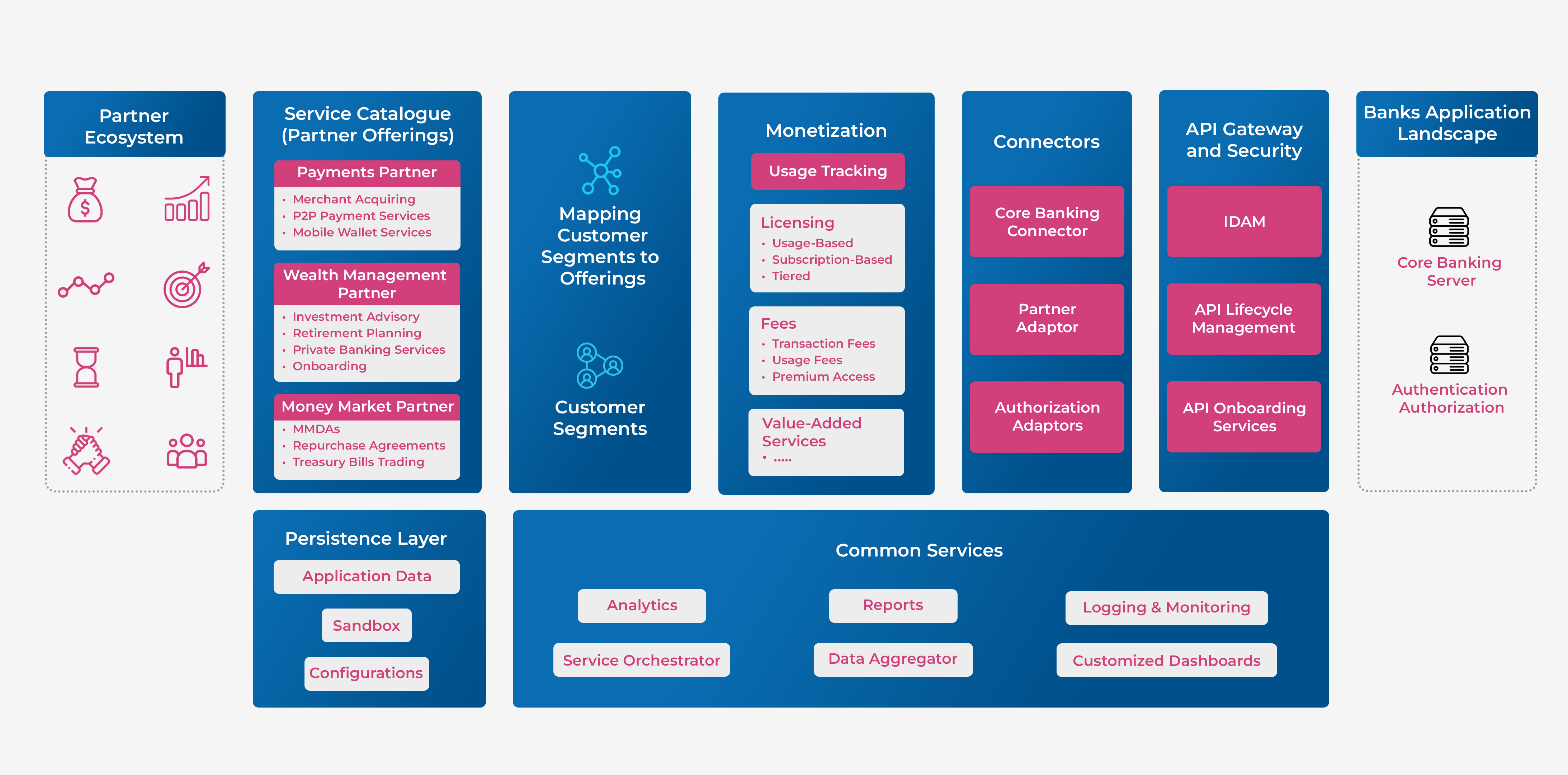The COVID-19 pandemic has changed what the wealth business thought it knew about how to keep clients engaged. Because of the pandemic, digital contact is now essential and becoming more and more common. Since it’s necessary to ensure that technology and customization go hand in hand, better and more in-depth knowledge of client goals and ideas will be needed to improve engagement. Practical questions about what customers want and how to use technology must be balanced with less concrete ones like branding, character, and trust.
Using digital tools will require wealth firms to think differently about engaging with clients.
The COVID-19 pandemic has pushed wealthy clients to use digital technology more quickly, and it seems likely that firms and investors will change how they act permanently because of it. 51% of clients worldwide plan to use digital tools even more. Millennials (78%) and people in Latin America (74%) and Asia-Pacific (64%) are more likely to do this. Even advisor-led wealth models are being changed by the growing number of people using them. 37% of clients who prefer to work with a counselor plan to use digital tools more in the future.
Partnering with domain experts in Wealth Management like Maveric Systems offers leading AWM firms distinct innovation possibilities to increase their client acquisition, loyalty, and profitability margins.

Top three digital transformation challenges faced by wealth management organizations
- Rigid Legacy Systems: The technology itself might be the biggest problem for wealth management regarding digital transformation. Most service providers have a lot of old, authoritarian systems that were put in place piecemeal to solve specific issues instead of as part of a significant change. Companies often build on these core systems to support new customer trends like mobile and social media. This makes it hard for them to update their mobile apps or connect their smartphone, tablet, and online banking experiences.
- Separate Data Sources: Different data sources are worsened by these rigid old systems, which keep information in separate silos that make it hard to move data. This makes it hard to get a complete picture of the customer, which is needed to provide the customized services that the market now expects.
- Risk-Averse Culture: Most organizations know digital innovation is essential, but it must start with leaders and CEOs. A business that has always been focused on relationships might be hesitant to use digital optimizations. Instead, it might try to survive sudden changes like the pandemic to return to “normal.” Some face-to-face interactions are likely to come back, but clients forced to use digital methods will probably be more comfortable with them in the future.
Unlocking the power of the data
Wealthy firms must realize that clients, especially younger people, are much more willing to share their information than they think. If they get better services and experiences in return, more clients are willing to share personal information with their central wealth manager than with their doctor. Wealth managers are much more trustworthy than banks, insurance companies, stores, tech companies, and media platforms.
Wealthy firms could do more with their data to get more value. Providers can use the wave of data that is being shared in the form of documents, downloads, logins, messages, and meeting requests. A clear data and analytics strategy will help firms collect and name this fast-growing data set, clean and organize it into a single “golden source,” and question and analyze it.
Then, the best providers can use AI and machine learning to make their clients’ info as valid and valuable as possible. If a company wants to get ideas, it could look to the tech and online retail industries, which live on customer data and are coming up with new ideas at a crazy fast rate. Neuroeconomics can also help you learn more about your clients.
Conclusion
Even though customer needs change, the acceptance of digital technologies could be faster in the wealth management field. Now that a new group of customers is entering the market, new technologies are affecting what they want. In a more volatile and unclear world caused by the Covid-19 pandemic, wealth managers need to offer digital services that are faster and easier to use. McKinsey says wealth management firms can only solve these problems with digital change.
Financial service providers are urged to automate and digitize their processes to ensure that comprehensive wealth planning is still possible for many clients and to help them deal with problems. Established service providers will only be able to keep up with finance and tech giants in the future if they keep doing things this way.
About Maveric Systems
Starting in 2000, Maveric Systems is a niche, domain-led Banking Tech specialist partnering with global banks to solve business challenges through emerging technology. 3000+ tech experts use proven frameworks to empower our customers to navigate a rapidly changing environment, enabling sharper definitions of their goals and measures to achieve them.
Across retail, corporate & wealth management, Maveric Systems accelerates digital transformation through native banking domain expertise, a customer-intimacy-led delivery model, and a vibrant leadership supported by a culture of ownership.
With centers of excellence for Data, Digital, Core Banking, and Quality Engineering, Maveric teams work in 15 countries with regional delivery capabilities in Bangalore, Chennai, Dubai, London, Poland, Riyadh, and Singapore. Get in touch with Maveric Systems today!



